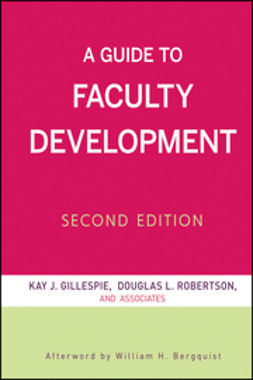Kogut, Bruce
Knowledge, Options, and Institutions
Bruce Kogut's writing has sketched a theory of human motivation that sees managers as social, often altruistic, sometimes as selfish, who care about their colleagues and their status among them. For the first time this book collects together key pieces that show how this view works in application to practical managerial issues, such as technology transfer and licensing, joint ventures as options, and the diffusion of ideas and best practices in the world economy. In an extensive introduction to these chapters, Kogut grounds this view in recent work in neurosciences and behavioural experiments in human sociality. On this basis, he provides a critique of leading schools of thought in management, including the resource based view of the firm cognition, and experimental economics. He proposes that people are hardwired to learn social norms and to develop identities that conform to social categories. This foundation supports a concept of coordination among people that is inscribed in social communities. It is this concept that leads to a theory of the firm as derived from social knowledge and shared identities. Kogut argues that the resource based view of the firm is only a view and it fails as a theory because it lacks a behavioural foundation. If it were to choose one, the choice would be between knowledge and organizational economics. Similarly, he argues that recent statements regarding cognition do not confront the age-old question of shared templates. If it did, it too would have to confront a theory of social knowledge. The author then proposes that this foundation is essential to an understanding of norms and institutions as well. Thus, we are moving into a period in which rapid advances in neuroscience increasingly lead to an integrated foundation for the social sciences. This opening chapter is the gateway to the collected essays, which assemble the author's published articles on knowledge, options, and institutions. The book ends on the most recent work on open source software and generating rules. The chapter on open source discusses how new technology is changing the face of innovation. The final article on generating rules is the segue to the author's current work that looks at how simple rules of social exchange leads to complex patterns of local and global knowledge.
Copying to clipboard limited to 5 samples
- Author(s)
- Kogut, Bruce
- Publisher
- Oxford University Press
- Publication year
- 2008
- Language
- en
- Edition
- 1
- Page amount
- 392 pages
- Category
- Upbringing, Education
- Format
- Ebook
- eISBN (PDF)
- 9780191536076





